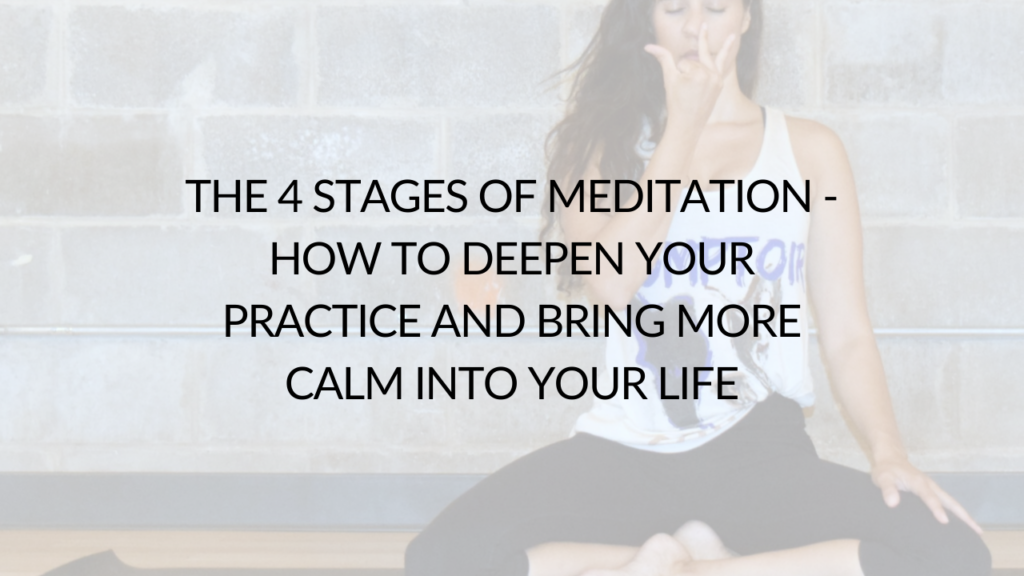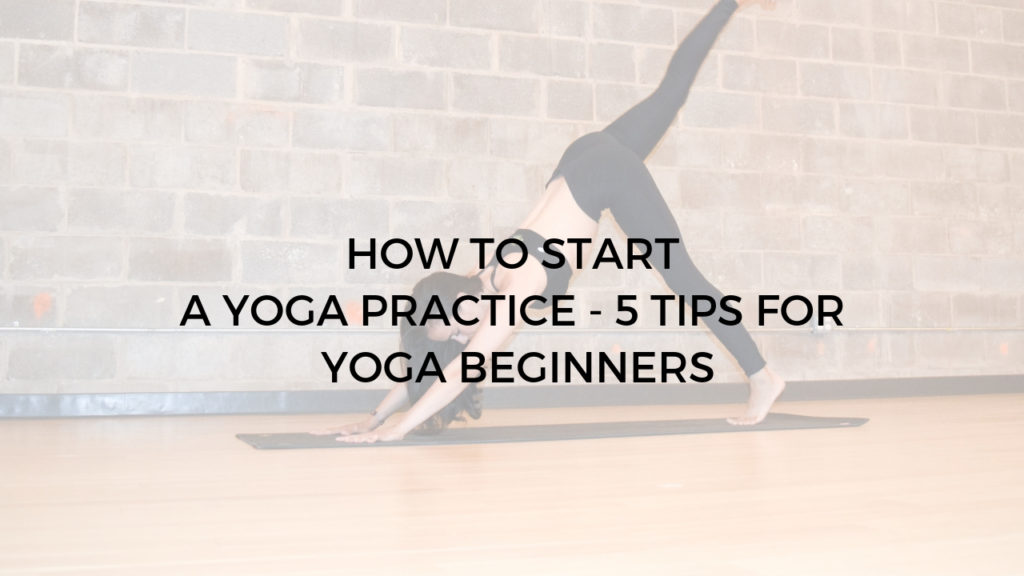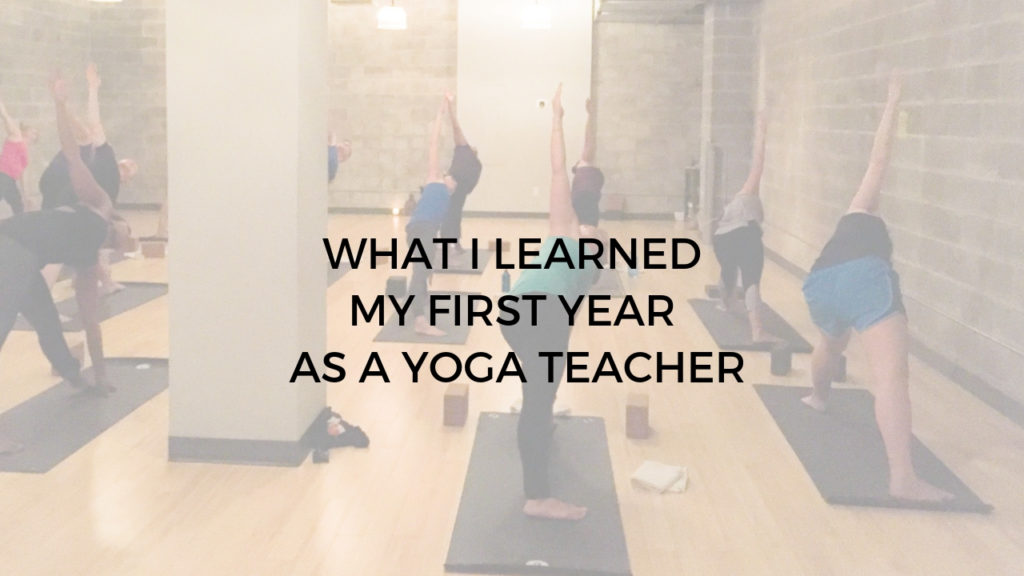Ever wondered why meditation is soooo damn hard for most (if not all) people?
Seriously, even some of the most seasoned practitioners will tell you that it takes time, patient, and dedication to learn the art of effortless awareness (a.k.a. meditation).
As a meditation teacher this is one of the most common objections I hear…that it’s too hard.
Hard to sit still, hard to concentrate, hard to breathe…
That it’s hard on the body (tight hips, rounded back anyone?).
And, by far, the most common one of all…that it’s impossible to quiet the mind.
Now, of course, there may be specific reasons why meditation is hard for YOU.
But for the most part, I think it’s due to the fact that people tend to have the wrong idea of what meditation is.
See, there’s this idea that meditation is an attempt to silence your thoughts.
But honestly, that couldn’t be further from reality.
Why? Well, because the mind CAN’T actually do that. It’s just not what it’s meant to do.
I mean, from what I hear we have an average of 60,000 thoughts per day. Whoa!!
So, imagine trying to shut them down in a matter of minutes?
Kinda like, asking a 5-year old to sit still for one minute.
But, what if I told you that a blissful meditative state is actually accessible to anyone, anytime, any place?
What if I told you that meditation is not a practice of shutting down the mind and forcibly stilling the body, but actually a practice of effortless concentration?
Or as my master teacher Alan Finger puts it…
“Meditation is the practice of effortlessly concentrating on one point for a certain period of time.”
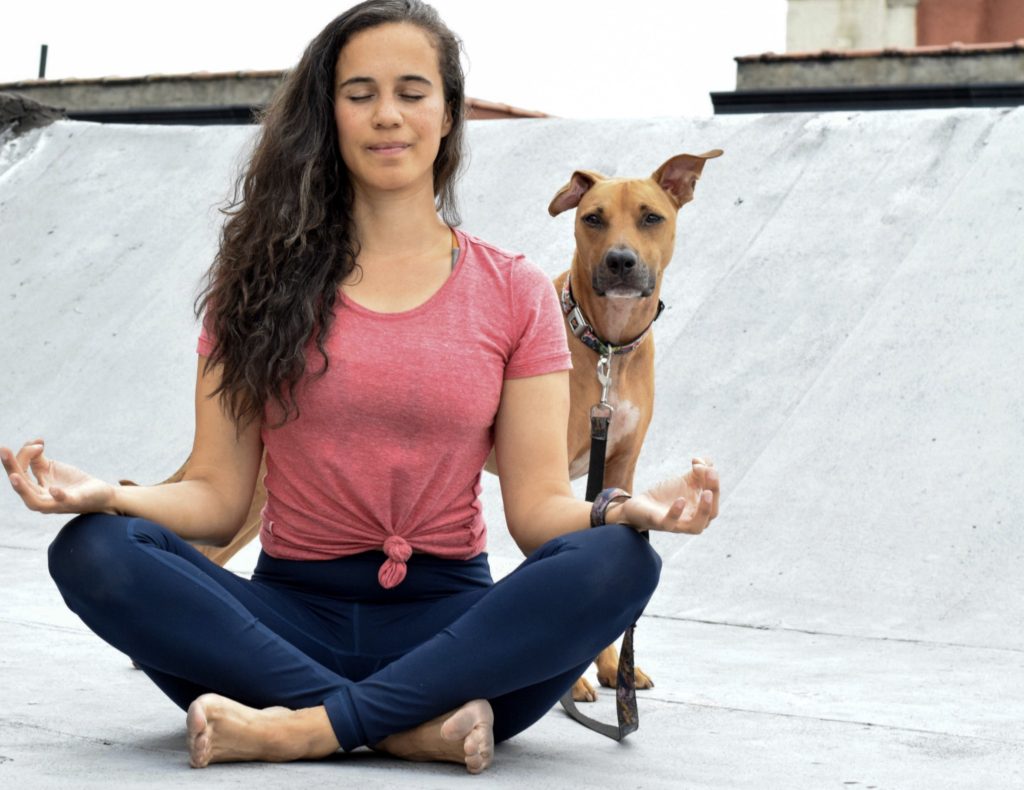
It’s like if you were sitting on a park bench watching people walk by.
At first, your mind will go to work and make perceptions on everything it sees. “oh that’s a cute dog” “that’s a pretty shirt.” and so on.
Eventually, however, your mind will continue to watch, but it won’t rationalize on what it sees.
In other words, the thoughts actually never go away, but your perception of them is what changes and you no longer *mind* them.
Now, here’s the catch…
In order for the mind to effortlessly concentrate, we must gradually bring it there.
In other words, we need to practice the necessary tools to successfully withdraw from the outer world, calm the mind, and eventually meditate.
This, my friend, is where things tend to get it wrong and eventually decide to quit.
We sit in meditation and expect our minds to go quiet right away.
We want our bodies to be still right away.
Our breath to be smooth right away.
And everything to be blissful right away.
But the truth is that that state of effortless concentration takes time and patience.
It’s not something to “look for.” Instead, it comes suddenly and when you least expect it.
So what are these “necessary tools” I’m talking about?
In traditional forms of yoga, this set of tools is known as the Eight Stages of Yoga.
The Eight Stages of Yoga is a set of lifelong practices that allows the practitioner to gradually experience that meditative state, and eventually (maybe) oneness, also known as Yoga.
They are:
- Ethical Living
- Self-Discipline
- Yoga Poses
- Breathwork
- Inner Observation
- Active Concentration
- Effortless Concentration (Meditation)
- Oneness (Universal Connection)
1-3 are things we do at the physical level (our values, ethics, lifestyle, exercise, etc.)
5-7 are things we do on the non-physical realm (visualizations, feeling, concentration, sensing, etc)
4 is the bridge between the two.
And 8 is the ultimate state of being, according to the ancient teachings of yoga.
And you thought yoga was just a bunch of downdogs and warrior poses, huh?
Now, to make this a bit more complicated (sorry), there are actually many ways to practice EACH of the 8 stages.
How we practice should definitely be tailored to our needs, and it’s never a one-size-fits-all journey.
So here’s the deal…
Over the next few weeks, I’m going to share short lessons on each of the 4 stages of meditation…
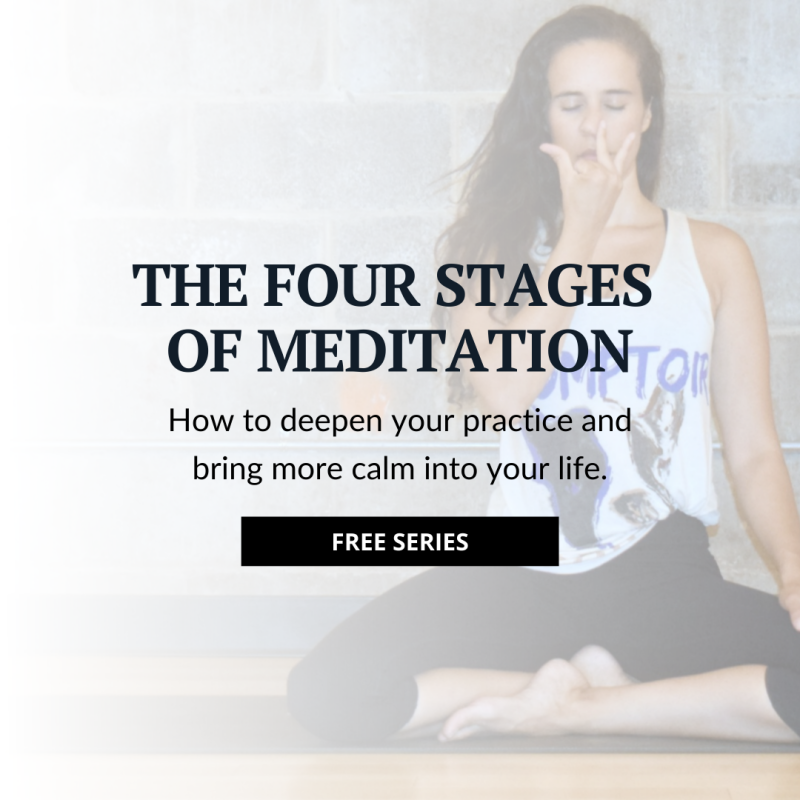
(breathwork, inner observation, active concentration, and effortless concentration)…
…along with a guided practice that will help you incorporate it into your daily living.
The first one will be in your inbox next week, so stay tuned.
For now, I’d love to hear from you!
If you have a meditation practice:
- Why do you meditate?
- What is your biggest challenge with meditating?
If you don’t meditate:
- what is holding you back?
Leave a comment below and let’s chat!
